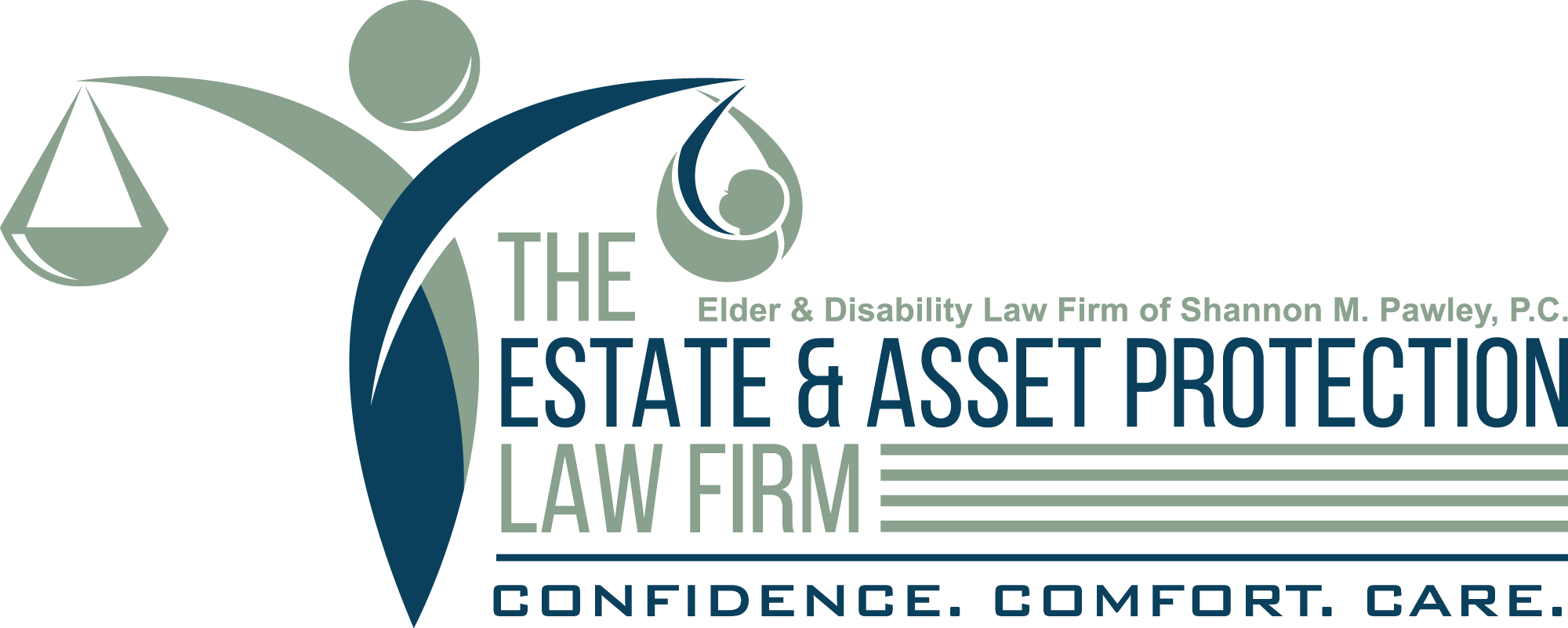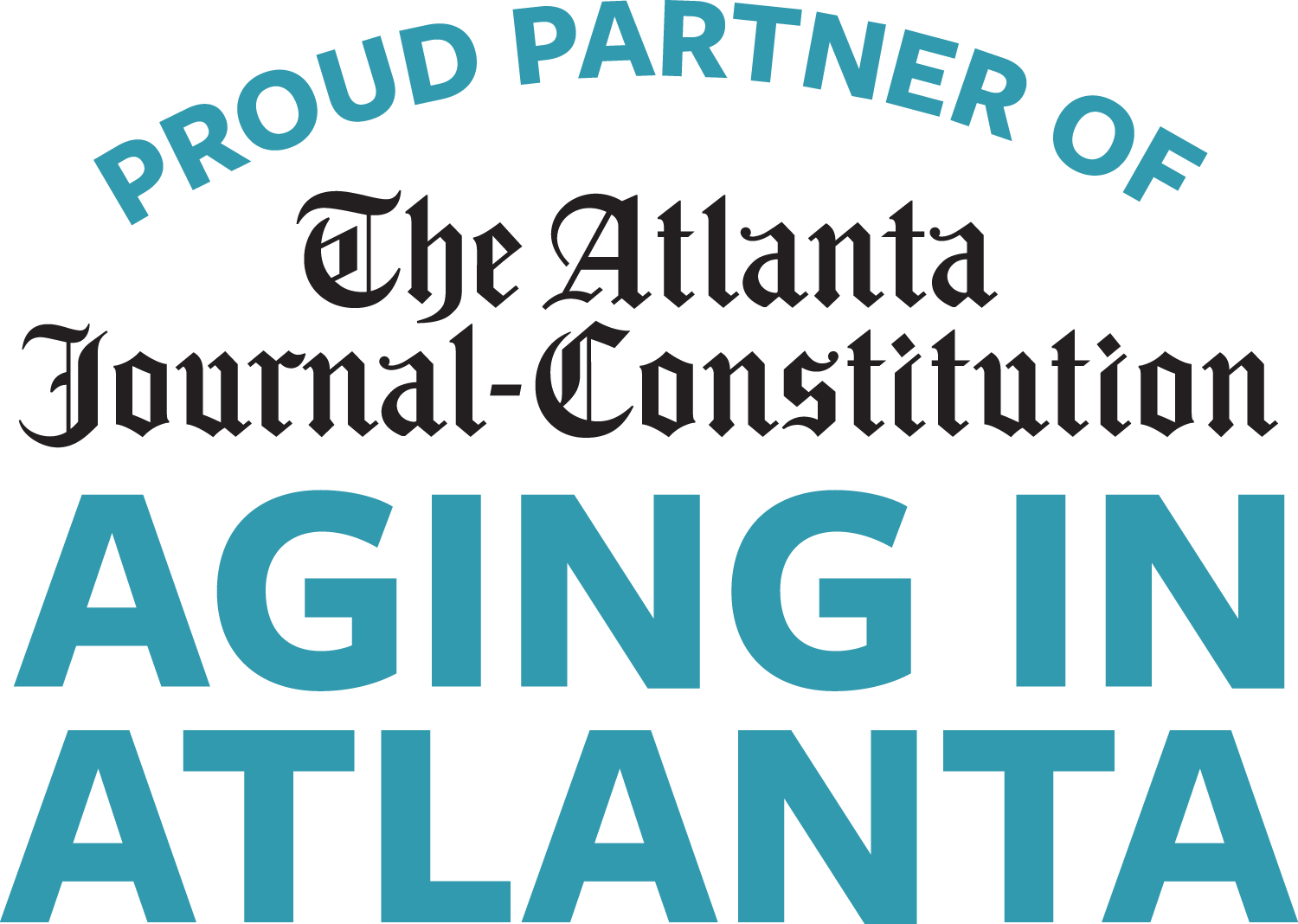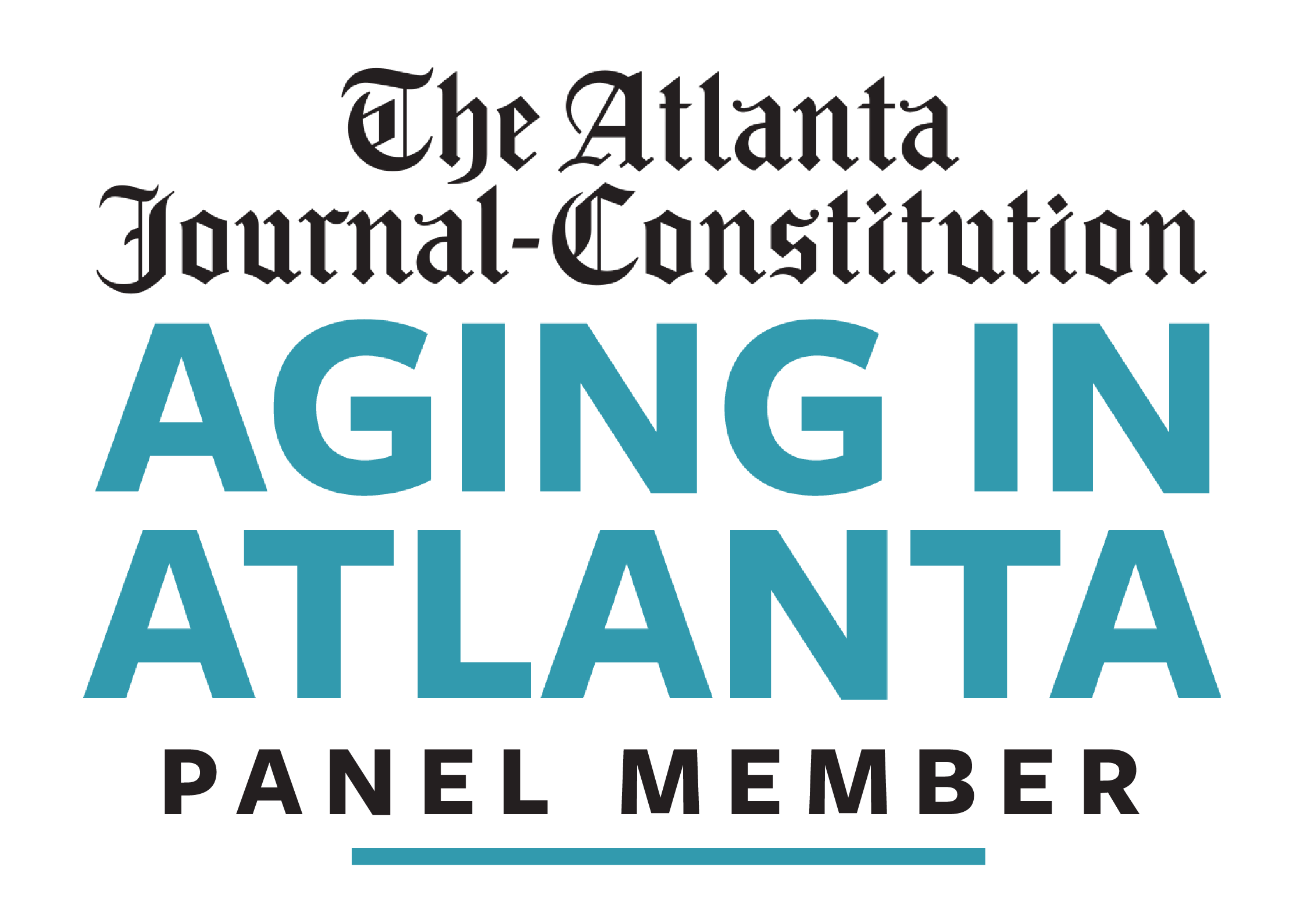End-of-Life Planning: Legal and Ethical Considerations

When it comes to end-of-life planning, Americans don’t spend much time thinking about death and dying.
Typically, Americans keep eyes, thoughts, and actions, steadily fixed on the next achievement. Likewise, they focus on the next project; the current problem.
Historically, end-of-life planning was once the domain of the wealthiest Americans. In other words, those who had great wealth to pass on to the next generation.
However, today, many people not considered wealthy own assets. These include homes, automobiles, boats, stocks and bonds and other things of value that they would like to pass on to loved ones. And no matter what your socio-economic standing, everyone is subject to the unexpected surprises life deals out.
With this thought in the forefront of your mind, it’s time to consider the legal and ethical considerations of end-of-life planning. This is becoming more and more important for most Americans 18 and older. The world has just gone through a global pandemic. Consequently, millions of people died without medical directives, estate plans or any end-of-life planning legal documents. Thus, they didn’t get to express the way they wished to be cared for when they were unable to speak for themselves.
Most people think about how to pass their valuables on to loved ones. However, when it comes to end-of-life planning, they flounder or stall.
A Last Will and Testament is the most common approach many people think will do the trick. An estate plan is that and so much more. A well thought out and executed estate plan typically includes Medical Directives, Do Not Resuscitate (DNR) orders, Dementia Treatment Plans covering early to advanced levels of dementia, and hospice care.
Think About The Unthinkable
Have you ever considered what would happen were you to be in an accident or got an illness that left you unable to care for yourself and/or make important decisions for yourself? What if you were put on life support and were destined to live for years in a coma? What if you died without plans in place for the care of your family and loved ones? These are the kind of unpleasant life circumstances that need to be considered.
You have the legal right to decide what kind of end-of-life care you want to receive. But to have your wishes respected you must have legal documents clearly stating those desires. From an ethical perspective, you cannot expect your family or your physician to make these difficult, highly personal decisions. While you are of sound mind, you must execute an estate plan that includes the designation of a health care proxy as well as a financial Power of attorney and instructions for the unexpected tragedies that may occur. You may never have to use them, but you want to have a Living Will, Do Not Resuscitate (DNR) orders, Medical Directives, and Dementia Treatment Plans (covering early to advanced levels of dementia) and hospice care. This removes the burden of difficult decision making from family members who may have very different ideas than you.
Express Your Desires Clearly In Your End-of-Life Planning Legal Documents
I encourage everyone to take this step as soon as possible. Procrastination must be overcome. Give my office a call at (470) 235-7868 and schedule a meeting to get these important considerations defined for your benefit and the benefit of your loved ones. This is the only way to guarantee that your wishes will be respected. The best-case scenario is that your estate plan will only come into play upon your demise after a wonderful life. The next best-case scenario is that if something happens, you are prepared, and your loved ones are relieved of a very difficult burden.
Looking to find an experienced estate lawyer in the Georgia area who is skilled in asset protection and estate plan preparation? Shannon Pawley is an attorney in Georgia with expertise in estate planning and asset protection. Shannon can provide assistance with creating an estate plan to include making a will and how to establish a trust properly. If you have questions about asset protection or questions about making an estate plan, reach out to Shannon and she will be glad to help answer all the estate planning questions you might have!







